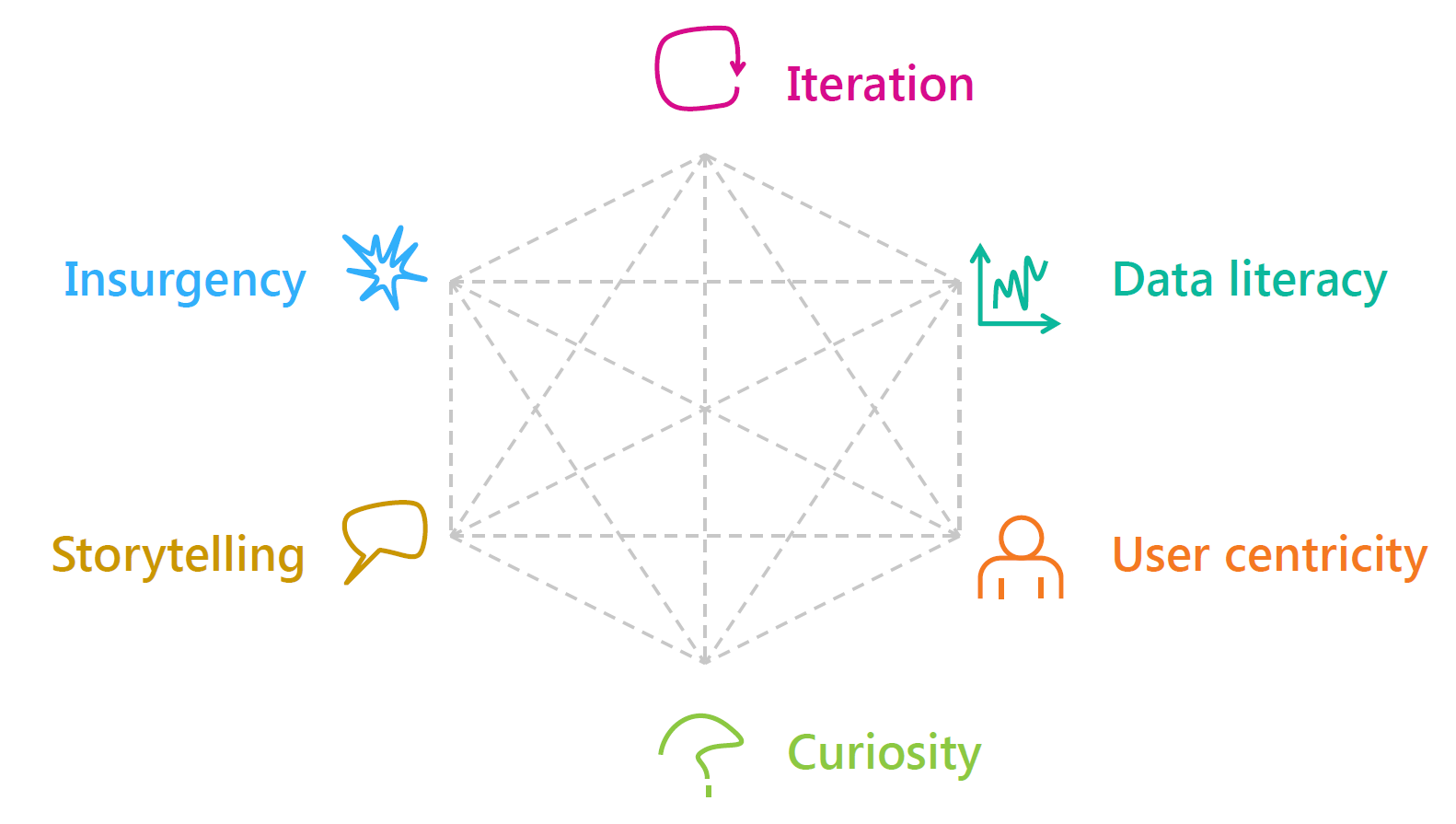Book by Alberto Alemanno: “Don’t get mad – get lobbying! From the Austrian student who took on Facebook to the Mexicans who campaigned successfully for a Soda sugar tax to the British scientist who lobbied for transparency in drug trials, citizen lobbyists are pushing through changes even in the darkest of times. Here’s how you can join them.
Many democratic societies are experiencing a crisis of faith. We cast our votes and a few of us even run for office, but our supposedly representative governments seem driven by the interests of big business, powerful individuals and wealthy lobby groups. All the while the world’s problems – like climate change, Big Data, corporate greed, the rise of nationalist movements – seem more pressing than ever. What hope do any of us have of making a difference?…..
We can shape and change policies. How? Not via more referenda and direct democracy, as the populists are arguing, but by becoming ‘citizen lobbyists’ – learning the tools that the big corporate lobbyists use, but to advance causes we really care about, from saving a local library to taking action against fracking. The world of government appears daunting, but this book outlines a ten-step process that anyone can use, bringing their own talent and expertise to make positive change…
10 steps to becoming an expert lobbyist:
- Pick Your Battle
- Do Your Homework
- Map Your Lobbying Environment
- Lobbying Plan
- Pick Your Allies
- You Pays?
- Communication and Media Plan
- Face-to-Face Meeting
- Monitoring and Implementation
- Stick to the (Lobbying) Rules
If you’re looking to improve – or to join – your community, if you’re searching for a sense of purpose or a way to take control of what’s going on around you, switching off is no longer an option. It’s time to make your voice count….(More)”.

